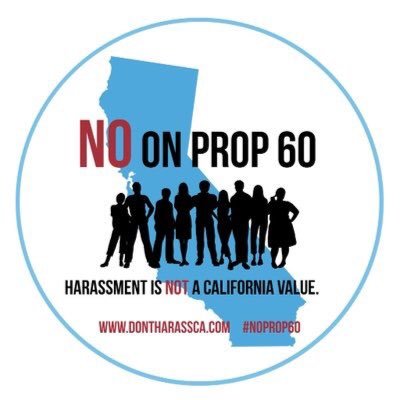California’s adult film industry is in the midst of a self-imposed moratorium on filming while its performers are tested and treated for syphilis following a recent outbreak of the disease. Some public health advocates are pointing to the outbreak as evidence that the state should force adult performers to wear condoms during filming. But while that may sound like a common-sense regulation, it’s likely that it would do more harm than good. In fact, it would make more sense to allow the industry to regulate itself.
Though the idea of self-regulation has been in disrepute in recent years, the adult film industry has done a remarkably good job at it. This is the only known syphilis outbreak since the industry adopted a mandatory testing policy in 1998, and my research shows that this testing policy has encouraged adult film performers to be more careful in their private lives.
Self-regulation also makes financial sense. Adult film workers are contractually aware of the risks they incur in their line of work and are paid a higher per-film fee for working without a condom. (There’s considerably less consumer demand for adult films where a condom is being used.) But after a series of outbreaks prior to 1998, the costs of compensating female performers for the risks incurred rose even higher, and the threat of revenue losses resulting from star performers asking to work with condoms became more significant. Industry-wide safety measures and testing policies naturally followed.
As a result of the 100 percent testing rate within the adult film world, disease is introduced via performers’ interactions with the general population (where testing rates are lower and much less frequent). Proponents of an industry-wide condom regulation argue that the policy would reduce the number of outbreaks because it would reduce the risk that an infected performer would infect his or her co-worker. Yet condoms are not 100% infection proof, and a series of quirks in state and federal law would create a situation where there would be more protected workers but also more infected workers.
Employment law currently prohibits a business from discriminating against people based on HIV status. However, there’s a caveat: You can deny employment to an HIV-positive applicant if the risks of transmission in the chosen line of work are high. This is why adult film producers can legally deny employment to people who test positive for HIV or any STDs.
An industry-specific condom regulation would upend that system. Because condoms significantly reduce the risk of disease transmission, it would be illegal for producers to deny employment to performers who test positive for HIV or STDs. Many performers who are HIV negative would ask for higher salaries to work with potentially infected co-workers; others would quit the industry altogether.
The law will ultimately have one of two consequences: Either adult film producers will move outside of California (where the industry is currently based), or they’ll remain in California but do business off-the-books. Neither scenario is desirable.
Regardless of your feelings on the morality of the adult film industry, its positive, multimillion-dollar contribution to California’s budget is undeniable. California is hardly in a fiscal situation where it can casually dismiss a revenue source like this — which is exactly what would happen if the industry moved out of state. If the industry moved underground, the revenue loss would be compounded by the loss of occupational safety. The literature on the economics of prostitution makes it clear that an illegal sex industry is one where disease, abuse, and violent crime are accepted as hazards of the job.
It has become cliché to argue that the status quo can’t continue, but in the adult film industry the status quo looks pretty darn good. Universal testing has created a work environment where disease outbreaks among unprotected film workers occur rarely if ever — a feat that would be unthinkable for someone behaving similarly in the general population. The solution to occasional outbreaks is not to tinker with a successful status quo, but to provide incentives to individual performers to be more cautious in their private lives.
Alexandre Padilla is an associate professor of economics at Metropolitan State University of Denver.
Read more: http://dailycaller.com/2012/09/28/why-california-shouldnt-force-porn-stars-to-wear-condoms/#ixzz27uS1RpK1






